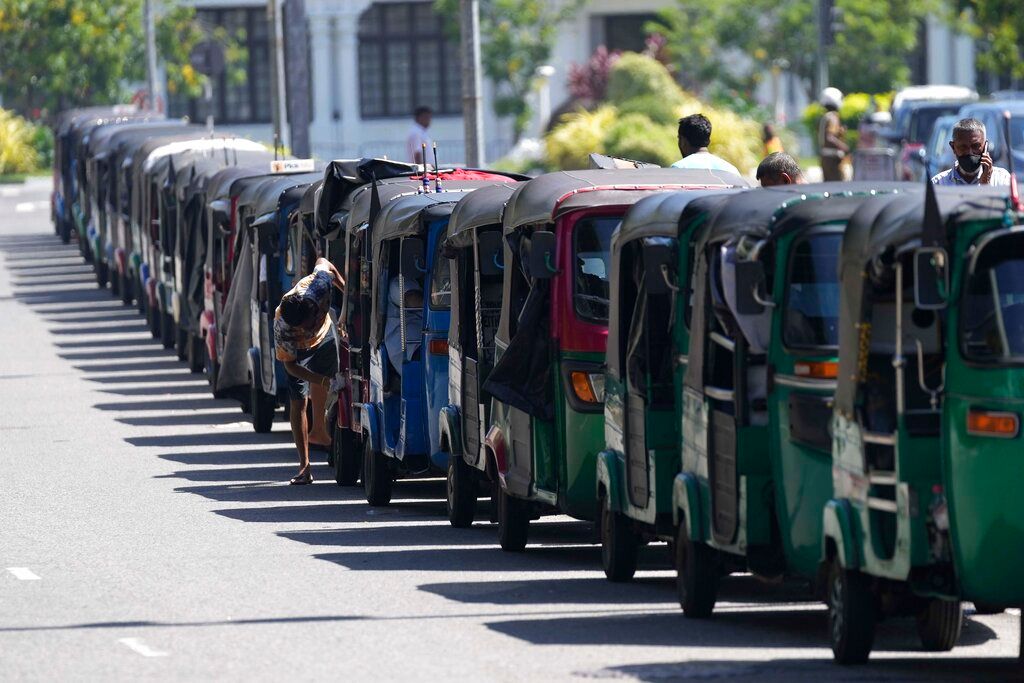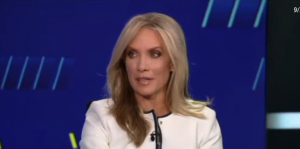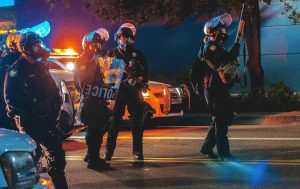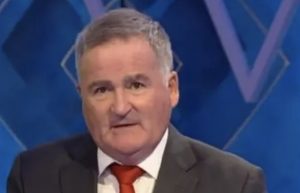Sri Lanka, steeped in a deep economic crisis, fears that it may run out of food. A decision by
the government last year to outlaw use of chemical fertilisers forced the
island nation to go organic almost overnight. With plummeting yields in a
distraught nation, citizens are afraid of a time when they might have to go to
sleep hungry.
“While there may
not be time to obtain fertiliser for this Yala (May-August) season, steps are
being taken to ensure adequate stocks for the Maha (September-March) season,
Sri Lanka’s new prime minister Ranil Wickremsinghe tweeted on Thursday.
Also Read | EXPLAINER: What caused Sri Lanka’s economic collapse?
The fertiliser
shortage is due to a policy the Sri Lankan government had adopted last April banning
all use of chemical fertilisers.
The Sri Lankan PM
appointed nine new members to the cabinet Friday, including health, trade and
tourism ministries. The finance ministry doesn’t yet have a minister, and is
expected to be retained by the prime minister himself.
The island nation
is battling a shortage of forex and fuel. Long queues have formed outside
stores selling cooking gas cylinders, which have become extremely pricey. A
cooking gas cylinder in Sri Lanka now costs around Rs 5,000 ($14), up from Rs
2,675 only last month, an already high price.
Mohammad Shaziy, a
part-time chauffeur told Reuters that he has been in the queue for a cylinder
for three consecutive days. “Only about 200 cylinders were delivered, even
though there were about 500 people…Without gas, kerosene oil, we can’t do
anything.”
“Last option, what?
Without food we are all going to die. This will happen hundred percent,” he
said.
In some hope for
the debt-torn nation, Sri Lanka’s central bank governor said that foreign
exchange has been secured from the World Bank through a loan as well as
remittances to pay for fuel and cooking gas shipments. But supply side
pressures and other bank measures may push up inflation to above 40% over the
next two months.







